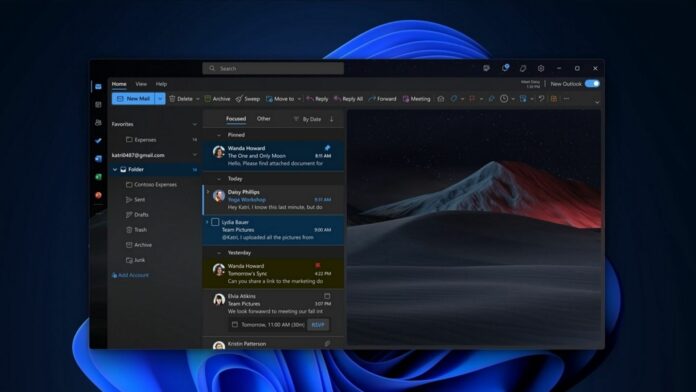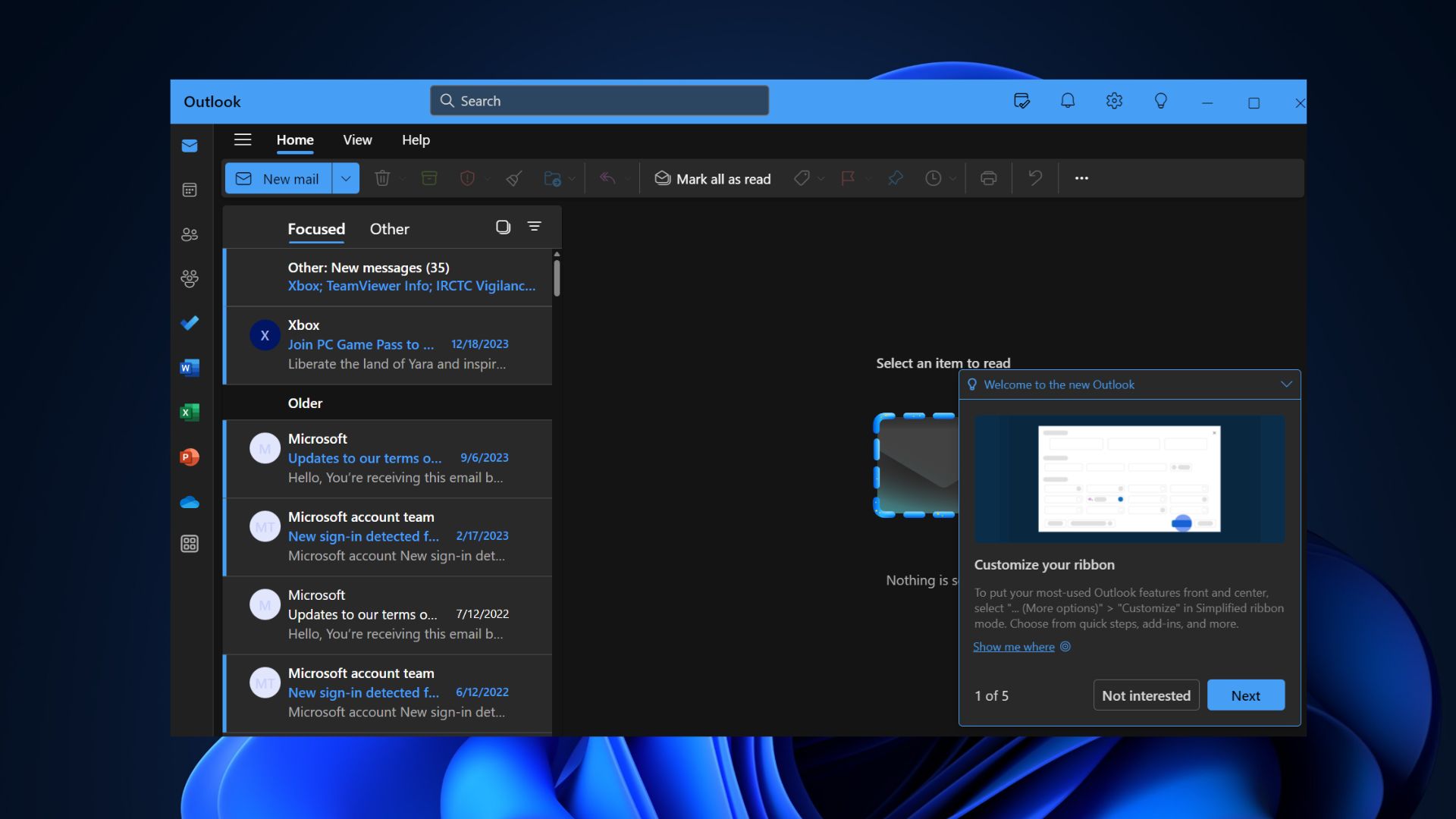Windows 11’s new Outlook, which is based on Outlook.com, is a downgrade in many ways, but Microsoft does not want to give up. In a new update to the original/legacy Outlook client, Microsoft has renamed it to “Outlook (classic),” while the Outlook web app is now called just “Outlook.”
This move confirms that Microsoft wants everyone to upgrade to the new Outlook, whether they like it or not. In an update to the support document, which is accessible only to those who have subscribed to Microsoft 365 for business, the company confirmed that “Outlook for Windows display name change” goes live in July 2024 with a wider rollout soon.
“Starting July 2024, the Outlook for Windows app name will change to Outlook (classic)” to distinguish it from the new Outlook,” Microsoft noted in an advisory seen by Windows Latest. Microsoft added that the change in display name is rolling out with version 2407, and it does not affect the app’s status or support.
After the update, you’ll notice that the current Outlook for Windows app (Win32/classic) will be rebranded to “Outlook (classic)”. This change would be visible in the Start menu, Windows Search, taskbar and other places where the app is pinned. You’ll also notice that Outlook (new) is now called just “Outlook”.
The “Outlook” moniker was previously used for the Outlook Win32 app, but it will now be used by Outlook Web, which has become Microsoft’s new flagship email client.
This change is intended to distinguish the classic Outlook app from the new Outlook for Windows.
This naming update aligns with Microsoft’s support documentation, which has already been updated with clear instructions on new and classic Outlook features, such as where to find Copilot and other stuff.
Microsoft says it’s still committed to supporting Outlook Classic, but the future of email on Windows is the Outlook web app. When the above naming change rolls out outside the testing program, administrators will not need to take action. Also, the change cannot be configured differently for individual organizations.
The update’s purpose is to distinguish between the classic and new versions of Outlook, but the move also confirms Microsoft’s intention to convince people to use Outlook web.
Outlook Classic remains supported until 2029, but Mail & Calendar apps will stop working in the coming months.






